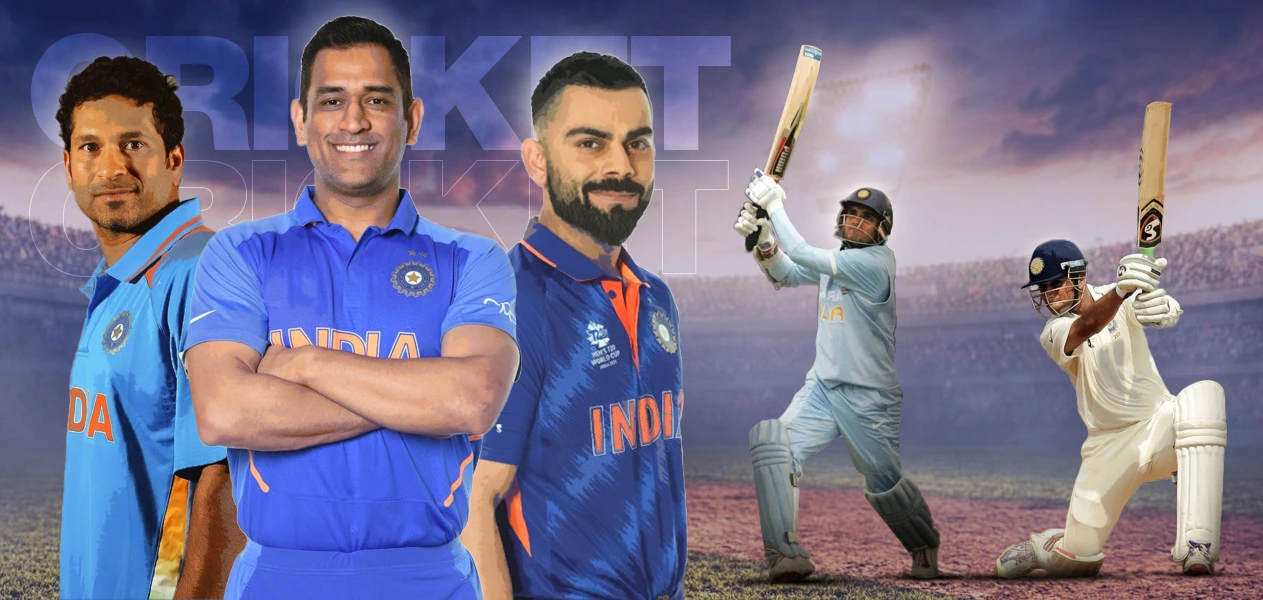All-time Indian Men’s cricket XI
Picking an all-time XI is always quite tricky. This particular all-time XI is restricted to players that we have been able to watch enough of on TV. Furthermore, this all-time Indian Men’s cricket XI list does not consider the T20 game, as most players in Indian cricket history have barely gotten to play this particular format. This XI seeks to accommodate some of India’s greatest male cricketers and might not necessarily place them in their most suited batting position.
Also Read – Top 10 Richest Cricketers in the World
Sunil Gavaskar
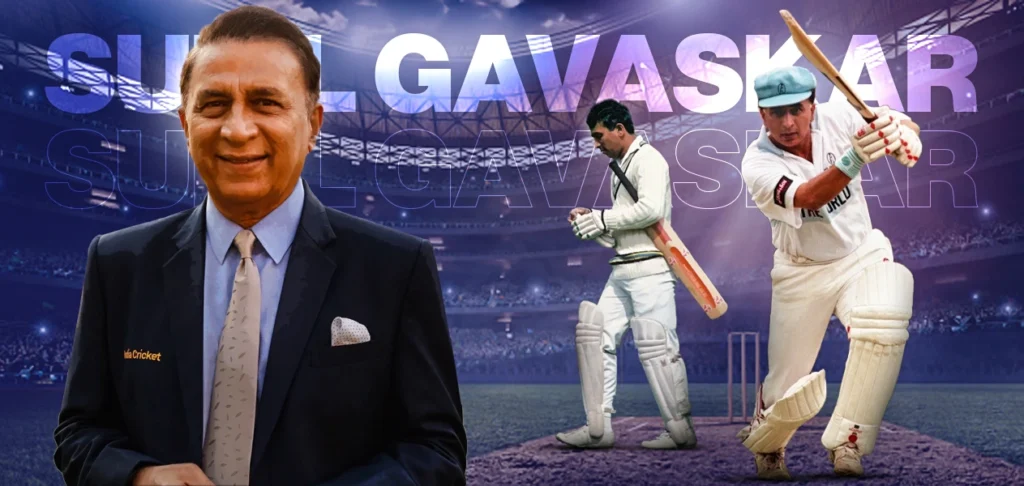
Sunil Gavaskar is unquestionably an all-time great. He was a player way ahead of his time and one of the best openers India has ever seen. His runs at the top were vital to India during the 70s and the 80s. In Tests, Gavaskar scored over 10,000 runs and Averaged over 50. Although he did not play the number of ODI games the younger cricketers on this list have, he did make an impact and was, of course, a part of the World Cup-winning squad of 1983.
Sourav Ganguly
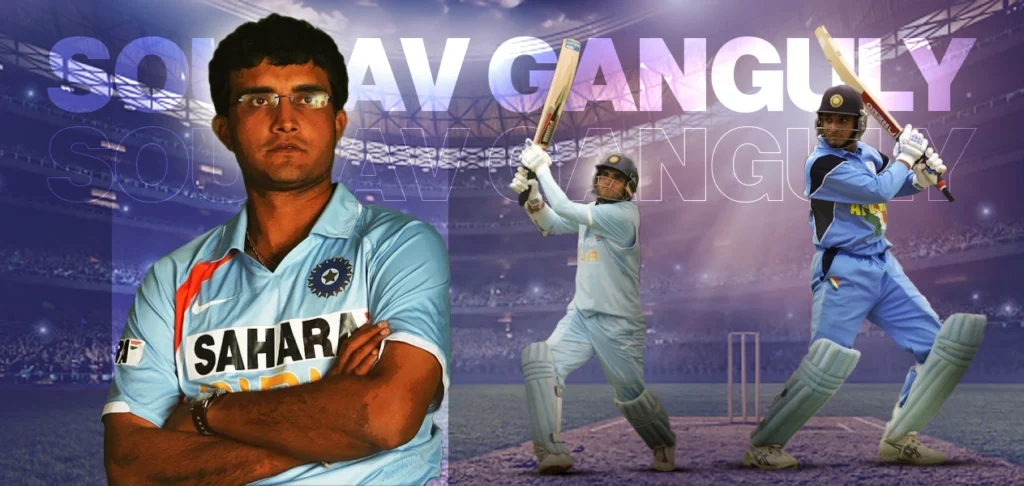
Popularly known as “Dada”, Sourav Ganguly started his career in 1996 as a young lad leading Team India. Having been one of the most celebrated Test captains and a brilliant One-day batter, Dada won all hearts in his day. One witnessed the epitome of passion under his leadership, particularly in the famous 2002 Natwest Series. He played over 400 matches for India, scoring over 18,000 runs across all formats. His dominance and stroke play makes him the perfect opener for this India All-Time XI.
Rahul Dravid
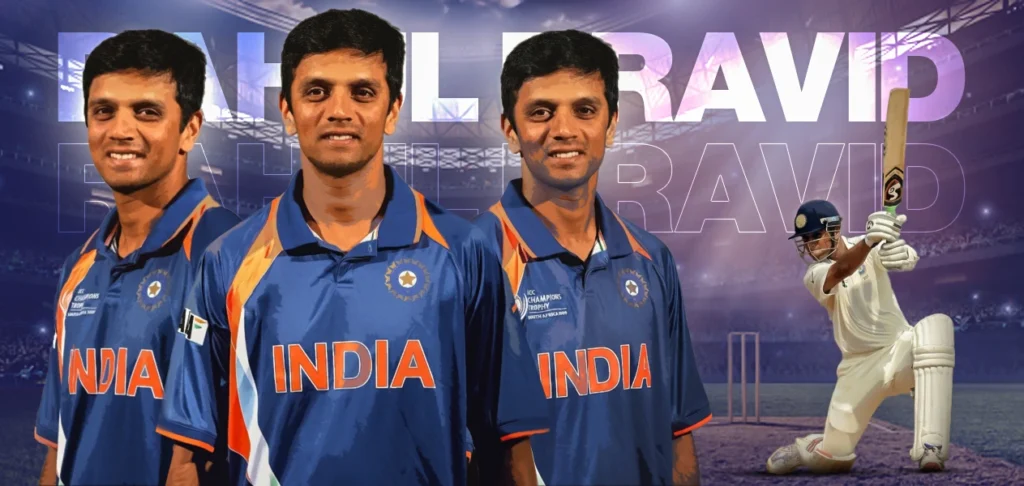
Popularly called “The Wall”, Dravid is one of the best cricketers to have ever played the game and probably the best No. 3 batter of all time. Dravid was monumental to India’s success in the 2000s. He led India to a stunning Test-series win over England in England. He scored over 10,000 ODI and Test runs. He also Averaged over 50 in Tests. Dravid still continues to contribute to Indian cricket and is the current head coach of the national side.
Also Read – Rahul Dravid and an unorthodox split-captaincy approach
Sachin Tendulkar
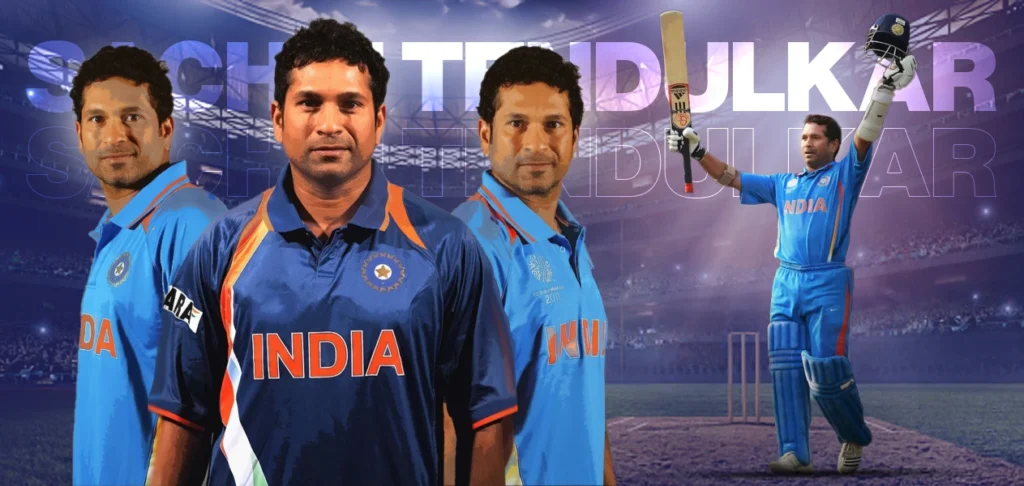
Considered the best cricketer in the world of all time, Sachin Tendulkar’s records speak for themselves. He was crucial in the No. 4 position for much of India’s success in Test cricket. Tendulkar was also quite crucial to India’s white-ball success in the 2000s. He finds himself at No. 4 in this XI to solidify the middle order along with the likes of Dravid and Kohli. Tendulkar, of course, scored a hundred 100s in international cricket and over 30,000 across all formats.
Virat Kohli
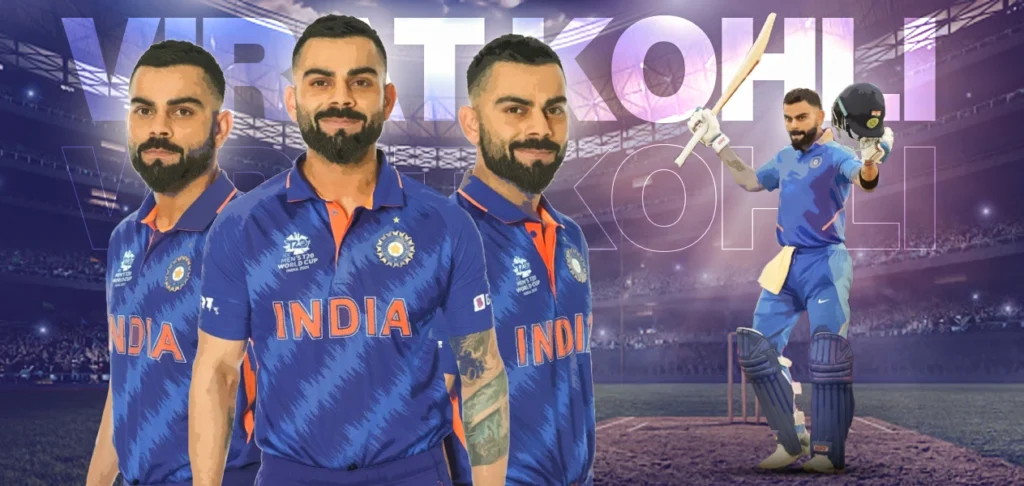
Little did anyone know that this young lad would go on to become the most celebrated player in Indian cricket history. Virat Kohli has stunned the world with his sheer dedication and love for the sport. He Averages over 50 in every format of the game, which is an unbelievable achievement for a batter. He also balances between being a run-scoring machine and an exceptional captain. He managed to be the most successful Test captain in India through his aggression and passion, winning 40 Test matches, especially on foreign soil.
Kapil Dev
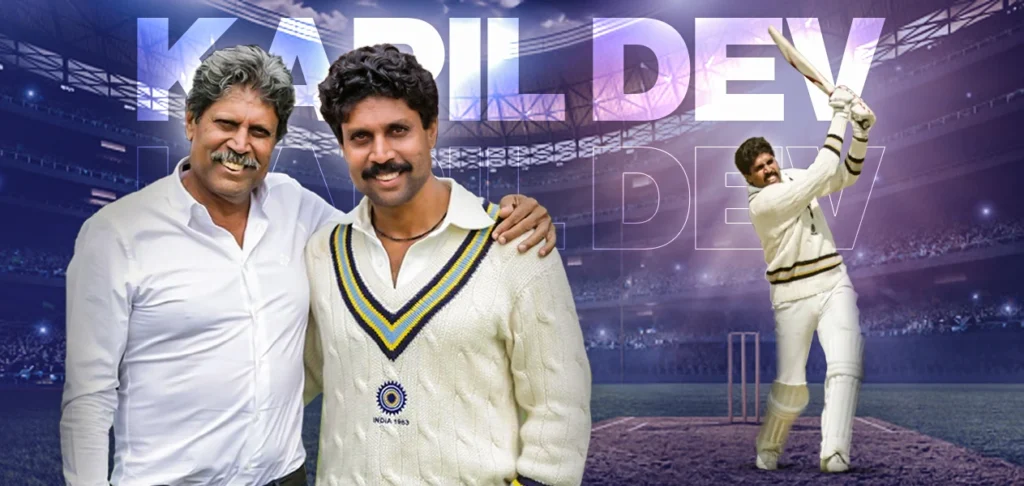
Some say that Kapil Dev is the greatest-ever Indian captain because he did the unthinkable; he brought home the World Cup at a time when no one gave India a chance. Apart from his astute leadership, Dev was quite the batter to have at No. 6. His 175 at Tunbridge Wells is a reminder of his explosive batting capabilities. He was quite handy with the ball as well and could chip in with crucial wickets.
MS Dhoni (c & wk)
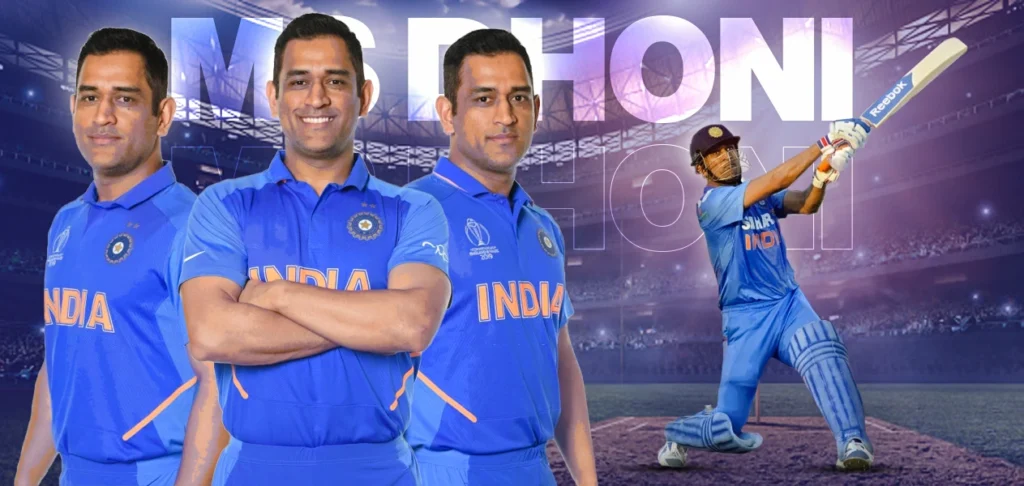
Popular opinion says that MS Dhoni was the greatest-ever Indian captain and finisher. He has several trophies attached to his name, including the 2007 T20 World Cup and the 2011 ODI World Cup. He was deadly with the bat as well, particularly in white-ball cricket. Any side in the world would dread the sight of watching MSD walk in after Kapil Dev. He would also be the captain of this side of mine. His ability to read the game and his level-headedness is just what is needed in a captain.
Ravichandran Ashwin
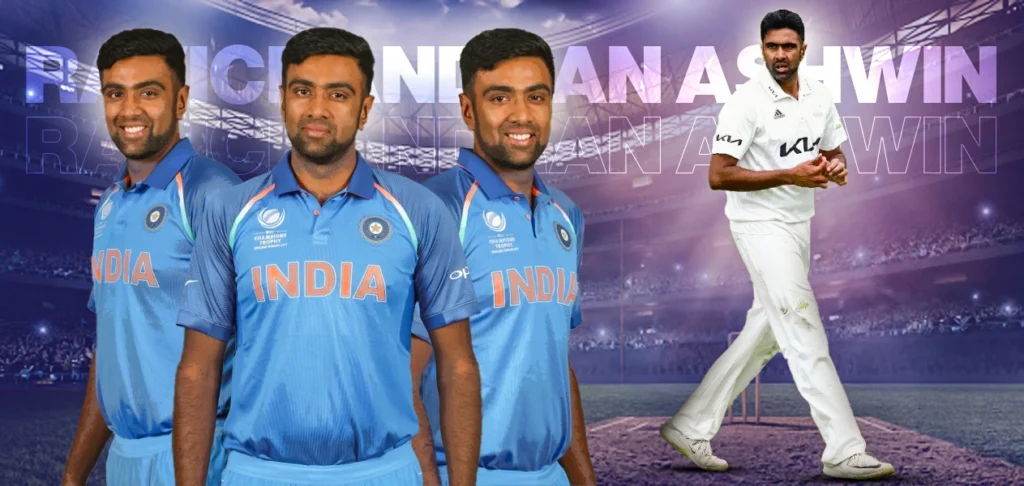
This spot in the India All-Time XI is highly contested between Harbhajan Singh and Ashwin, but the latter’s bowling average and consistency give him the place. Ashwin started as a T20 specialist but slowly made his way into the Indian Test team. He is one of the most successful Test spinners with 400+ wickets, the most fifers (25), and the best record in a four-match series. Furthermore, Ashwin is a reliable lower-order batter, standing tall when the top order collapses. His patience and determination has been key to his success in this sport.
Zaheer Khan
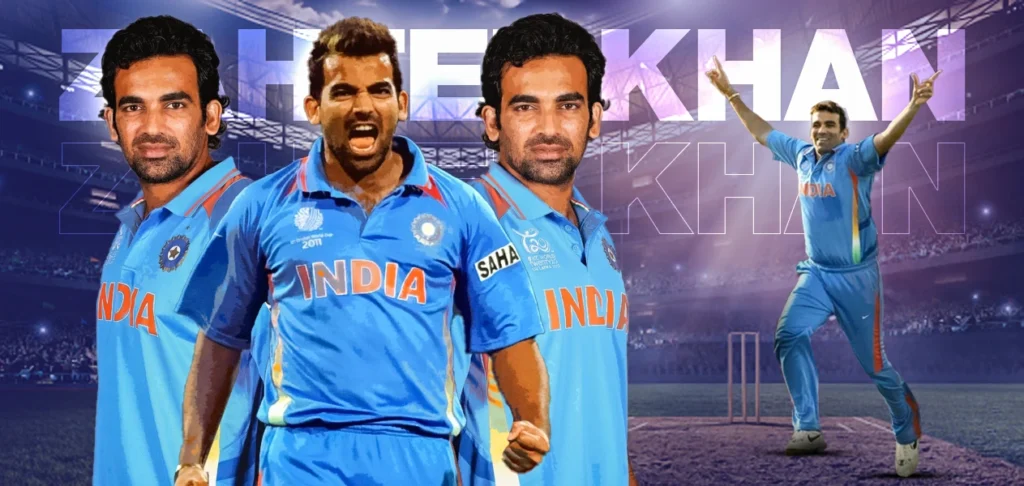
Easily the best fast bowler India has produced thus far. Zaheer Khan was the complete package. He would also be the one who would take the new ball for this side. Zaheer provided a left-arm seam option and could swing the ball and hit the right areas at the start of an innings. He was quite effective even at the death in white-ball cricket. Several bowlers now use his knuckleball technique in the shorter formats of the game.
Jasprit Bumrah
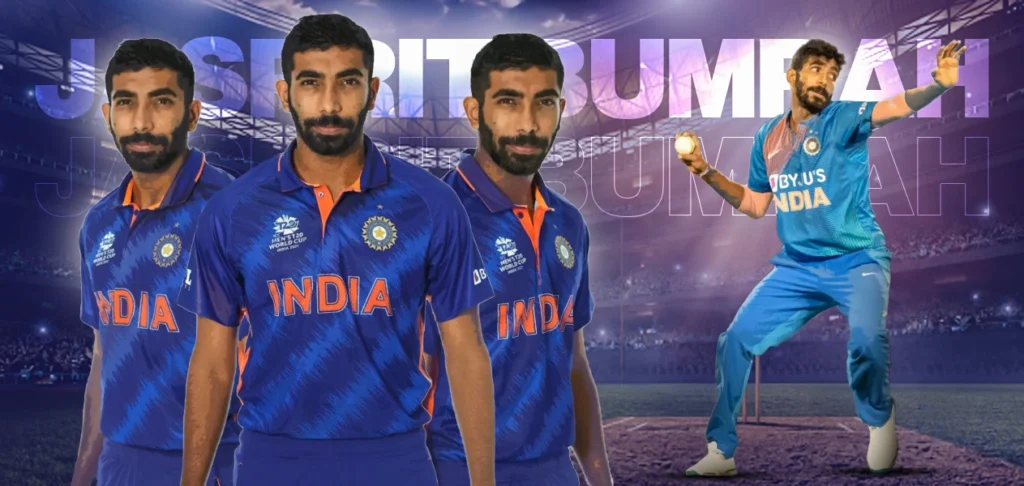
Although the youngest member on this side, Bumrah has proven his worth across all formats of the game. He is currently India’s frontline seamer across all three formats. In this side, he would act as the first change in bowling after the two opening swing bowlers. Bumrah is also quite tricky to handle in white-ball cricket as he can produce yorkers and slower deliveries at the death.
Anil Kumble
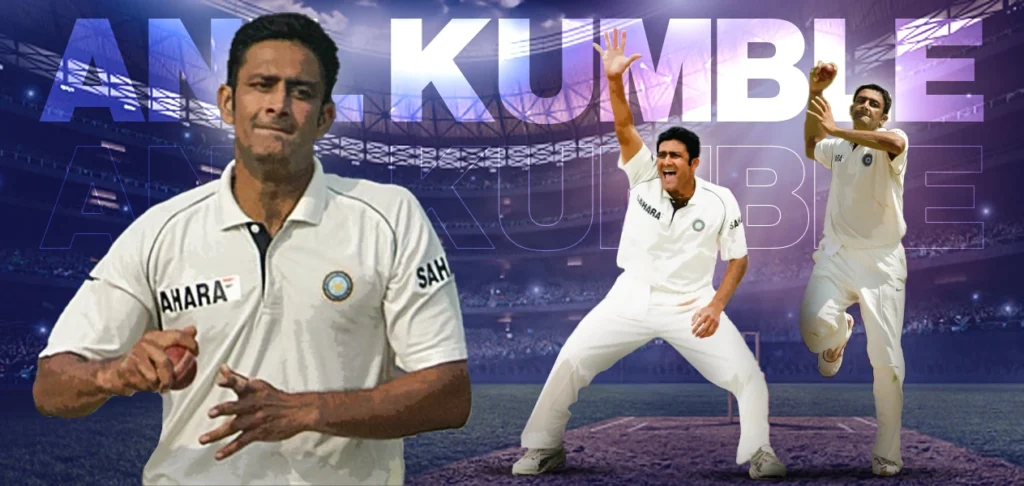
One would generally expect a spinner to turn the ball, but Kumble is the successful exception to this idea. The Karnataka leg spinner is the highest wicket-taker for India in the Test and ODI formats with 619 and 337 wickets respectively. He has many accomplishments to his name, mainly a 10-wicket haul, being only the second bowler to do it globally. Many have played this sport with injuries, but hardly any come close to the bravery Kumble showed in 2002 when he played with a broken jaw against the West Indies, serving the need of the hour. Hence, Kumble becomes a certain choice for an India All-Time XI.
